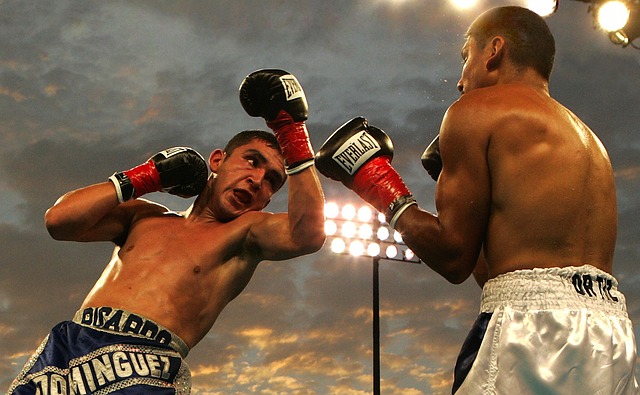The realm of sports betting offers an opportunity for financial gain. But also a fascinating window into human psychology. With platforms like TonyBet providing easy access to a myriad of betting options. It’s crucial to understand the psychological dynamics that influence betting decisions. This understanding can help bettors make more informed choices and enjoy greater success.
The Lure of Risk and Reward
One of the most compelling aspects of sports betting is the thrill of risk-taking. The prospect of winning money, often in a short amount of time. This triggers a rush of adrenaline that can be addictive. The psychological phenomenon known as the ‘gambler’s high’ is akin to the thrill-seekers in extreme sports. For many, this high enhances the excitement of watching sports. As the stakes become significant.
Cognitive Biases in Betting

Sports bettors, like all humans, are susceptible to a range of cognitive biases. That can affect their betting decisions. Confirmation biasleads bettors to favor information that confirms their pre-existing beliefs or predictions. Often ignoring contradictory evidence. Another common bias, the gambler’s fallacy. This occurs when bettors believe that a series of independent events. Such as losses, can affect the outcomes of future events, leading them to expect a win after a losing streak. Understanding and acknowledging these biases is crucial for making rational betting decisions.
The Role of Emotions
Emotions play a significant role in the decision-making process of sports betting. The fear of loss and the euphoria of potential wins can influence one’s betting behavior. Emotional regulation is key. Bettors who can manage their emotions are more likely to make aim. By calculated decisions rather than impulsive or reckless ones. Strategies such as setting fixed budgets, adhering to predetermined betting strategies. And avoiding emotional betting are essential for maintaining discipline in sports betting.
Social Influences

The social environment can also impact betting behavior. Peer pressure, societal norms, and the influence of community and culture. These can either encourage or discourage betting activities. For instance, in environments where betting as a social activity. Individuals may feel more compelled to take part. To feel a sense of belonging or to be part of the group excitement. Understanding these social cues and influences can help bettors. To recognize when their betting motivated social conformity rather than informed decision-making.
The Illusion of Control
Many sports bettors fall prey to the illusion of control. Where they overestimate their ability to influence or predict the outcome of a game. This could be the personal ‘expertise’ a bettor believes they have. While knowledge and research can improve one’s betting success to some extent. It is important to recognize the elements of chance and unpredictability. Keeping a realistic view of one’s control over outcomes can prevent overconfidence. Also, the potential for significant losses.
In conclusion, the psychology of sports betting is a complex interplay. This include risk, reward, cognitive biases, emotional influences, and social dynamics. A deeper understanding of these factors can not only enhance the betting experience. But also increase the chances of making successful bets. As bettors become more aware of these psychological elements. they can develop better strategies for engaging with sports betting in a healthy, enjoyable, and profitable way.
